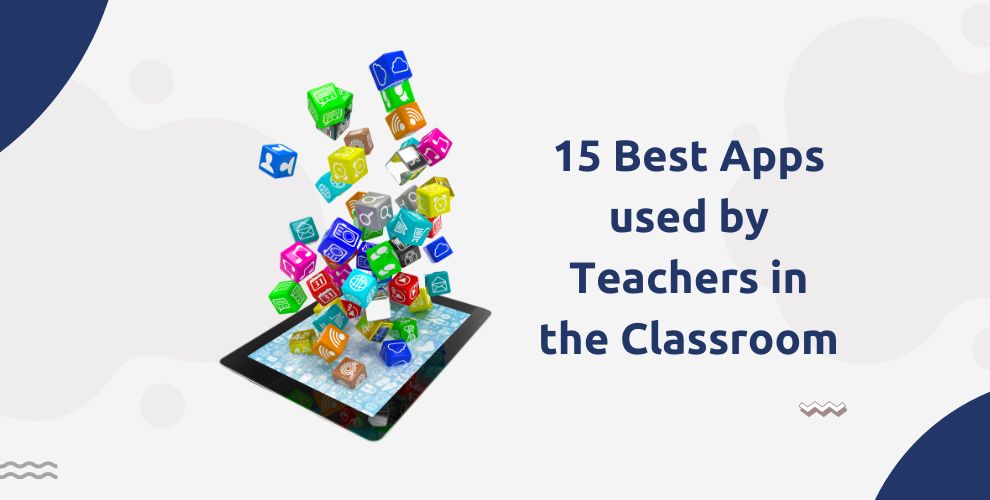Cenet Whispers
Your source for the latest insights and trends.
App-solutely Essential: The Future of Learning at Your Fingertips
Discover the revolutionary apps transforming learning—unlock your potential and master skills right at your fingertips!
Revolutionizing Education: How Mobile Apps Are Changing the Learning Landscape
The introduction of mobile apps in education has transformed the traditional learning landscape, making knowledge more accessible than ever before. With the rise of smartphones and tablets, students can now engage with learning materials anytime and anywhere. This shift has resulted in a more personalized learning experience, as educational apps often come equipped with interactive features and adaptive learning technologies that cater to individual needs. According to a report by EdTech Magazine, the use of educational apps has increased significantly, helping to engage tech-savvy learners in ways that traditional methods cannot.
Moreover, mobile applications are enabling collaborative learning through features like discussion forums, group projects, and real-time feedback. These capabilities allow students to connect with peers and educators instantly, fostering a sense of community that enhances learning outcomes. As noted in a study by Education Corner, mobile learning not only promotes collaboration but also improves student motivation. This revolution in education is empowering learners to take control of their studies, ultimately redefining what it means to learn in the 21st century.

Top 10 Learning Apps Every Student Should Have
In today's fast-paced digital world, learning apps have become indispensable tools for students seeking to enhance their educational experience. Here are the Top 10 Learning Apps Every Student Should Have:
- Khan Academy: Offers a vast library of free courses and exercises across a variety of subjects.
- Quizlet: A fantastic app for studying with flashcards and games that helps reinforce knowledge.
- Duolingo: A fun way to learn new languages with interactive lessons.
- Notion: A versatile tool for note-taking and project management that can boost your organization skills.
- Google Docs: Essential for collaborative projects, enabling real-time editing and sharing.
Continuing with the list, we have more essential applications that are perfect for students:
- Edmodo: A social learning platform that connects students and teachers.
- Canva: Helps students create stunning presentations and infographics effortlessly.
- Slack: Ideal for group projects; it facilitates communication and file sharing.
- Trello: A task management tool that assists students in organizing their homework and projects.
- GoodNotes: Perfect for taking handwritten notes on a tablet while keeping everything organized.
Is the Future of Learning in Our Pockets? Exploring Mobile Education Trends
The rise of smartphones and tablets has transformed the educational landscape, making it increasingly apparent that mobile education is the future of learning. With over half of the world's population owning a smartphone, educational institutions are leveraging these devices to enhance accessibility and engagement. Mobile learning apps, such as Coursera and Khan Academy, offer a plethora of resources that facilitate learning on-the-go, allowing students to consume content anytime, anywhere. This flexibility not only caters to diverse learning styles but also addresses the challenges of traditional classroom settings.
Moreover, emerging trends in mobile education underscore the integration of augmented reality (AR) and gamification, creating immersive learning experiences that captivate learners' attention. According to a report by Statista, more than 50% of students prefer mobile devices for studying, citing convenience and enhanced interactivity. As we embrace this mobile era, it's crucial for educators and institutions to adapt their teaching methodologies and curricula to ensure that learning remains effective and engaging in this dynamic environment.